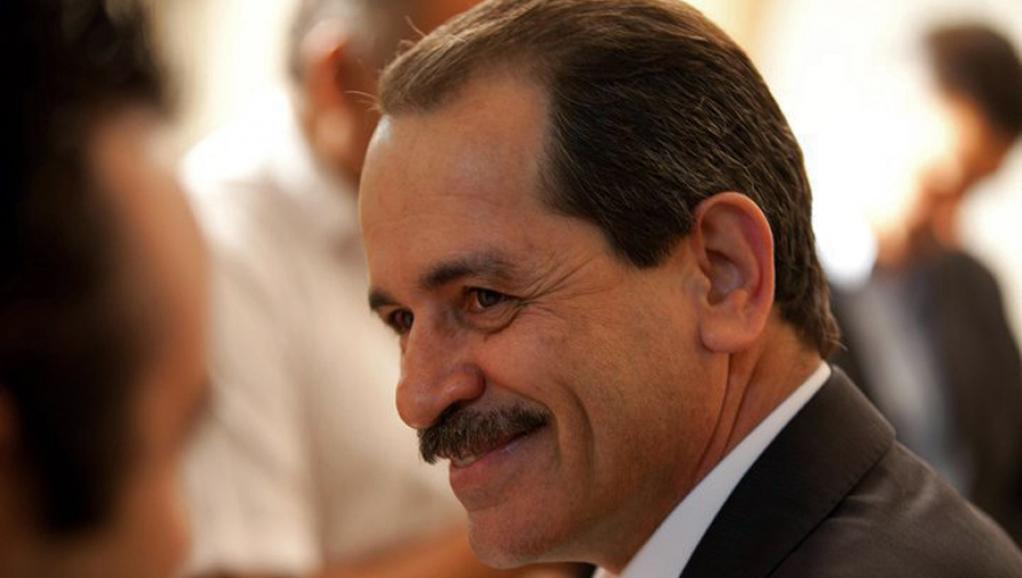Imprisoned Iranian Mystic Mohammad Ali Taheri Expects to Be Freed “This Week”

Shiite mystic Mohammad Ali Taheri, who has been imprisoned in Iran since 2011, expects to be freed on parole “this week,” according to his lawyer.
Defense attorney Mahmoud Alizadeh Tabatabaee told the state-funded Iranian Labor News Agency (ILNA) on August 18, 2018, that he is preparing to seek a review of his client’s five-year prison sentence for the charge of “corruption on earth.”
“We will petition the Supreme Court to review the sentence and acquit Mr. Taheri but in the meantime, we expect he will be freed this week based on the promises we have been given,” said Tabatabaee. “The reason is that he has served more than half of this sentence in detention and he is eligible for release.”
Based on Article 58 of Iran’s Islamic Penal Code “…the deciding court can issue the order of conditional release for convicts sentenced to more than 10 years imprisonment after half of the sentence is served, and in other cases after one-third of the sentence is served.”
The founder of the mystical Shiite spiritual group, Erfan Halgheh, Taheri, 62, has been kept mostly in solitary confinement in Tehran’s Evin Prison since he was arrested in May 2011 by the Islamic Revolutionary Guard Corps (IRGC).
He completed a five-year prison sentence in May 2016 for “insulting the sacred,” “immoral contact with women,” and “carrying out illegal medical procedures” but before his release, he was charged with “corruption on earth” for his books on spirituality.
The books had been published with the approval of the Ministry of Culture and Islamic Guidance.
Taheri was twice sentenced to death for the latest charge, but in August 2017 the Supreme Court struck down the rulings and ordered him to be re-sentenced.
A source with knowledge of Taheri’s case told the Center for Human Rights in Iran (CHRI) on August 20, 2018, that Taheri had sued the first judge who reviewed his appeal request after he was sentenced to another five years in prison.
“In the appellate phase, the sentence was reviewed by Judge Ahmad Zargar but he was not legally qualified to make a ruling because earlier he had been sued by Taheri for bias and subordination to the demands of the prosecutor,” said the source, who requested anonymity for fear of reprisals against Taheri.






